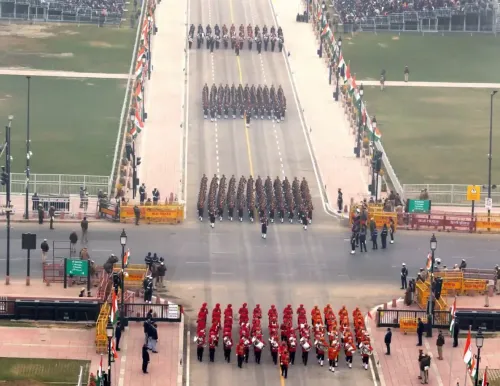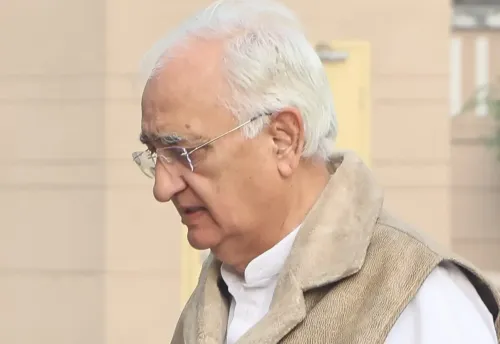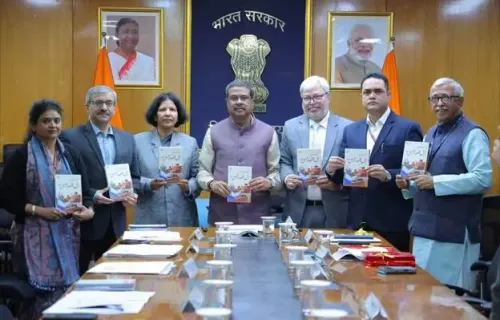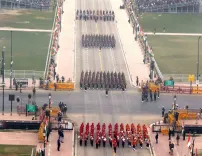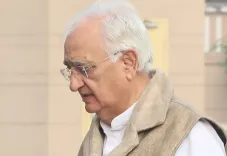Why Did Congress Struggle in Bihar Elections?

Synopsis
Key Takeaways
- Nikhil Kumar critiques Congress's organizational weaknesses.
- Highlighting the importance of strategic planning and candidate selection.
- NDA coalition shows strong performance, leading in significant seats.
- Concerns raised about Congress's adaptability to political changes.
- Potential for restructuring discussions within the party.
New Delhi, Nov 14 (NationPress) As initial results from the Bihar Assembly elections indicate a disappointing performance for the Congress party, senior figure and former Governor Nikhil Kumar has publicly criticized the party’s election readiness, flaws in organization, and candidate selection methods.
His comments arise as the ruling NDA coalition gains momentum in the vote count, leaving the Mahagathbandhan, which includes Congress, lagging behind.
In a candid discussion with IANS, Nikhil Kumar stated, “This highlights the fragility of our organization. In any electoral battle, a political party depends on its organizational strength. A weak organization hampers effective functioning, adversely influencing the final results.”
The veteran politician further emphasized that insufficient groundwork and ineffective strategic planning exacerbated Congress’ challenges. “Our candidates have potential, but we could have selected even stronger contenders. The organization should have operated strategically, intelligently, and maintained a robust presence throughout all constituencies,” he noted.
He also pointed out internal coordination failures, suggesting that leadership did not incorporate diverse perspectives into the decision-making framework.
Kumar asserted that many “strong candidates” were overlooked in favor of those he described as “incompetent,” a decision which, according to him, diminished the party’s competitiveness in critical areas.
As the counting for all 243 Assembly seats continues in Bihar, Kumar’s remarks come at a pivotal moment.
The Election Commission of India (ECI) commenced vote counting at 8 a.m. with postal ballots, followed by Electronic Voting Machine (EVM) votes starting at 8.30 a.m. Enhanced security has been arranged at 46 counting centers across 38 districts.
By midday, ECI trends indicated that the NDA had surpassed the 122-seat majority threshold, leading in over 150 seats, with the BJP and JD(U) showing particularly notable performances. Meanwhile, Congress, part of the Opposition Mahagathbandhan, was trailing significantly, with its candidates only leading in a few constituencies.
Congress's challenges in Bihar are not unprecedented, but Kumar’s direct critique highlights growing concerns within the party regarding organizational inertia, ineffective booth-level mobilization, and a failure to adapt to the evolving political landscape.
As final results are anticipated later today, Kumar’s criticisms may catalyze internal discussions about restructuring the party's framework, reevaluating leadership positions, and enhancing grassroots engagement for future electoral contests.



